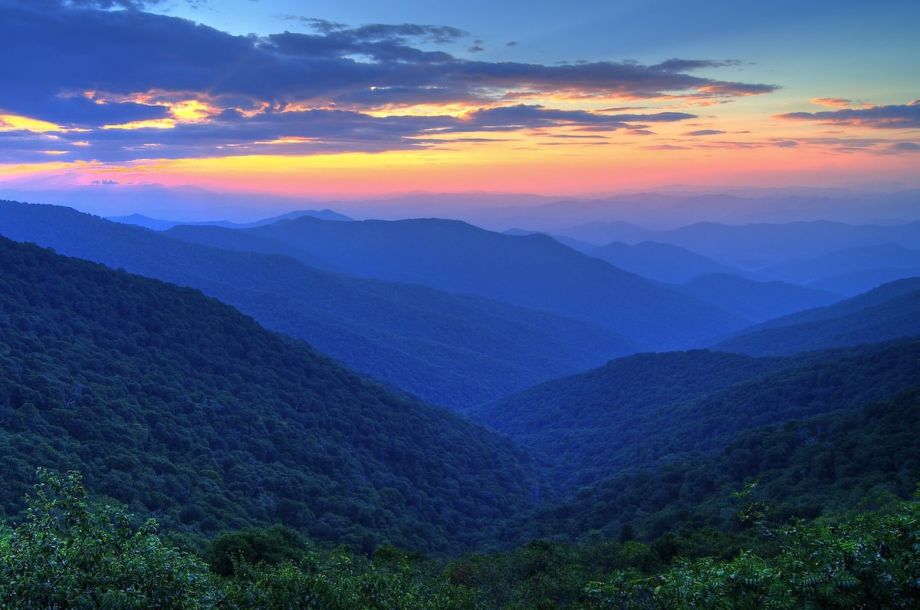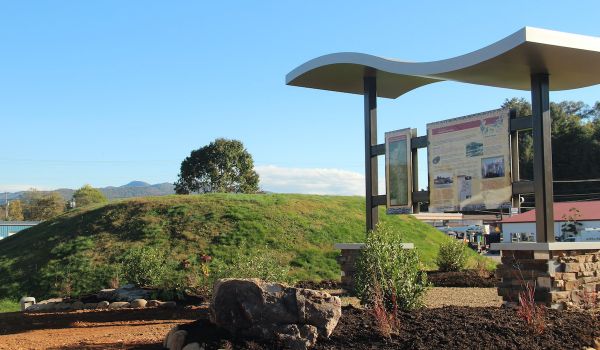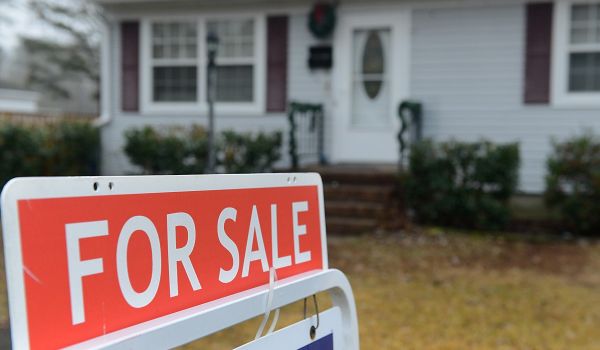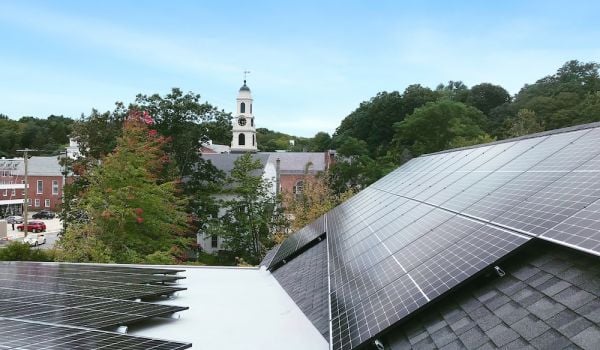A new fund aiming to make the outdoors a more welcoming and accessible space is coming to Western North Carolina. The Outdoor Equity Fund will give out $125,000 worth of micro-grants to BIPOC, Latine/x, people with disabilities and queer people involved in the outdoor economy in the region.
The fund — which is seeking applications until May 17th and will announce recipients in June and July — is part of the Made by Mountains (MADE X MNTS) partnership, a group working to expand the outdoor economy across North Carolina’s Appalachian region. The partnership group members consist of CDFI Mountain BizWorks, the Outdoor Gear Builders of WNC, and the NC Outdoor Recreation Industry Office, as well as other North Carolina outdoor economy stakeholders.
The Outdoor Equity Fund was created in response to the astounding lack of diversity in North Carolina’s outdoor economy. Nearly all — 97% — of visitors to national forests in North Carolina are white, according to a 2018 USDA Forest Service visitor use survey.
Iliana Hernandez knows this well. Hernandez is the Outdoor Equity Fund’s working group facilitator and helped guide the idea for the fund — partially based on her own experience of feeling excluded.
Despite growing up loving the outdoors and mountains in Southern California, Hernandez didn’t feel comfortable participating in outdoor activities when she initially moved to Western North Carolina with her family in her teens. Hernandez used her background in trust-based philanthropy and worked with the seven other members of the Outdoor Equity Fund working group to create a fund that would provide resources and create space for historically marginalized populations in the outdoors.
“Being an outdoorsy person in WNC [Western North Carolina], that’s not just a guy wearing Crocs and a flannel,” she says. “[Let’s] shift the narrative that the outdoors is just for people with money who look a type of way.”
The Outdoor Equity Fund wants to fund existing organizations and groups that need money to grow their businesses and include more people. For instance, a BIPOC-owned touring company may want to send their employees through wilderness training so they can lead more trips. Or perhaps a person with disabilities may need some extra money for marketing around their disability-friendly outdoor gear company.
The outdoor economy in North Carolina generates $28 billion in spending every year and contributes $10 billion annually to the state’s GDP, according to the Economic Development Partnership of North Carolina. With over 120,000 direct jobs available, it’s a huge industry for the region.
“There are mortgage-paying careers in the outdoor recreation industry,” says MADE X MTNS Director Amy Allison. “We need to make sure that we’re inviting everyone into that industry because the pipeline is not shrinking, it’s growing.”
One problem with expanding the outdoor economy is that participating is expensive. People of color are three times more likely to not live near nature, according to the Center for American Progress, so if public transportation doesn’t serve the area, a car and gas are essential to get to a nature site, which easily costs thousands of dollars. Add the hundreds of dollars one could spend on equipment such as hiking shoes or tents, and more remote parts of the outdoors become increasingly inaccessible for many Americans.
“If your experience in the outdoors the first time is terrible because you didn’t have the right shoes or you didn’t have the right clothes or you weren’t prepared … then you’re probably never going to go out there again,” Allison says. “So it’s creating a space for people to learn how to be in the outdoors in a way that they have a safe, fun, comfortable trip so that they want to go out again.”
If many Americans continue to feel excluded from the outdoors, outdoor recreation participation could decrease from 54 percent to 40 percent by 2060, according to a 2022 Outdoor Recreation Roundtable Participation trend report. Part of the Outdoor Equity Fund’s mission is to get funding for initiatives that meet people where they are and open them up to the outdoors.
“It [the outdoor economy] is advertised that it’s this epic thing that you have to do and you have to have all the knowledge,” she says. “Walking the Greenway in your city is being outdoors. You don’t have to be a weekend warrior. You don’t have to throw the crampons on.”

This story is part of our series, CDFI Futures, which explores the community development finance industry through the lenses of equity, public policy and inclusive community development. The series is generously supported by Partners for the Common Good. Sign up for PCG’s CapNexus newsletter at capnexus.org.
Sabina Wex is a writer and podcast producer in Toronto.






_920_518_600_350_80_s_c1.jpg)
_600_350_80_s_c1.jpg)








